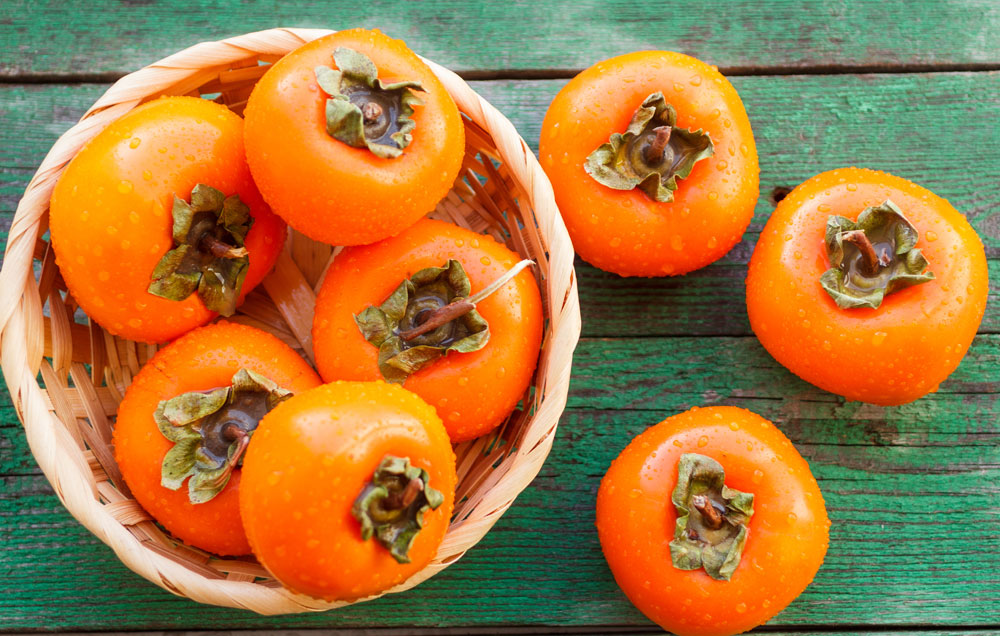Spain - Expected persimmon production to drop by 35 to 40%
07.08.2018 463 views
ScaleAgData Stakeholder Engagement Event
22.10.2024The ScaleAgData project is pleased to invite you to our second stakeholder event. Building on the discussions and connections formed during our first webinar, this event will focus on fostering collaboration among stakeholders, providing updates on our project’s progress, and outlining future opportunities for engagement.
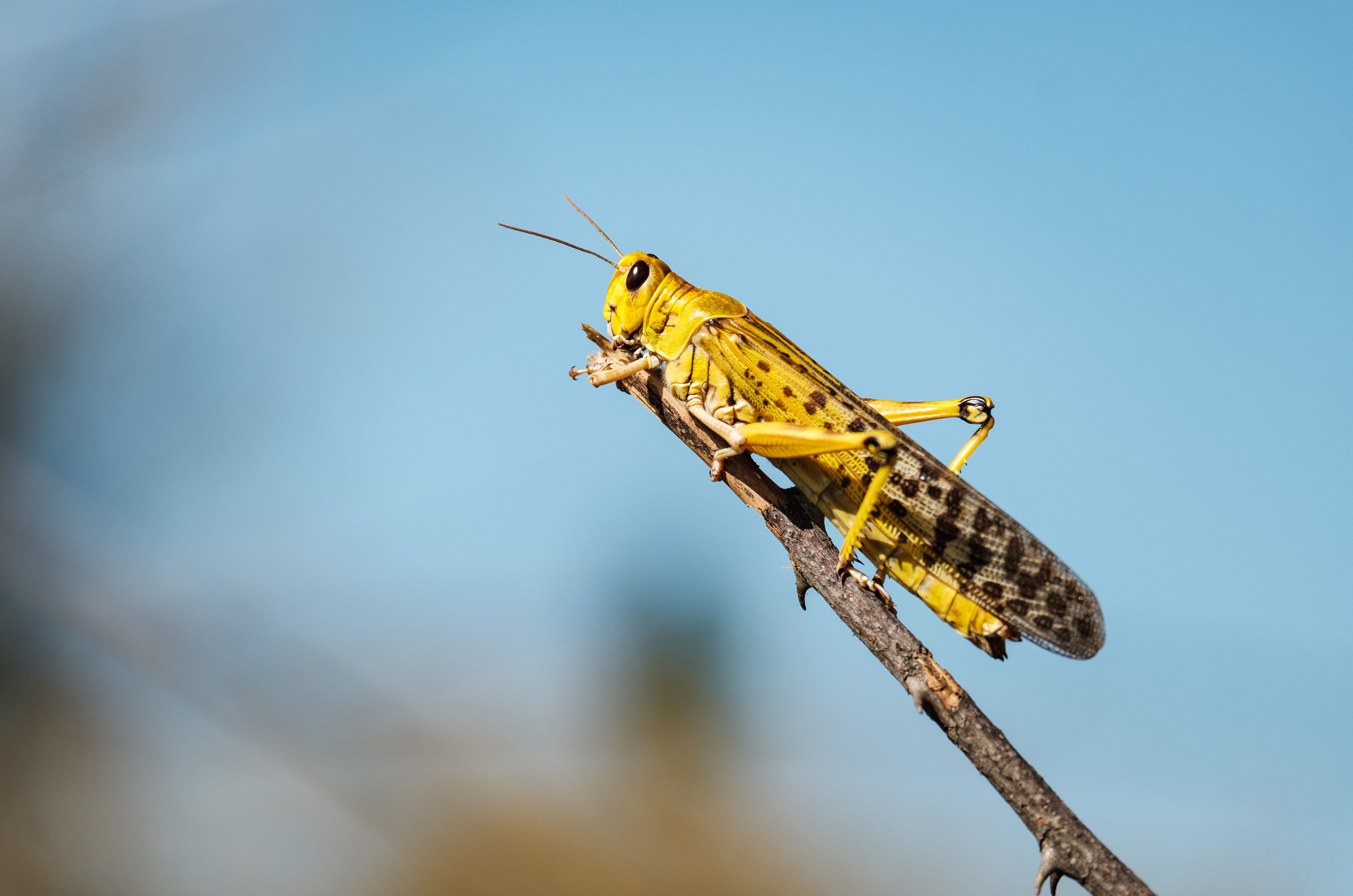
Soil-based method can stop locust swarms from destroying crops
"They're very destructive when there's a lot of them, but one-on-one, what's not to love?" says Arianne Cease. She's talking about locusts.

Fifty French farmers arrested after storming agriculture ministry building in Paris
Around 100 members of the Confédération Paysanne union entered a section of the ministry, which they occupied for an hour to denounce the government's agricultural policy.

Kenya - Government sets up strategic animal feed reserves to shield livestock from drought
In a bid to protect livestock and pastoralist livelihoods from recurring droughts, the government has ordered the establishment of strategic national animal feed reserves.
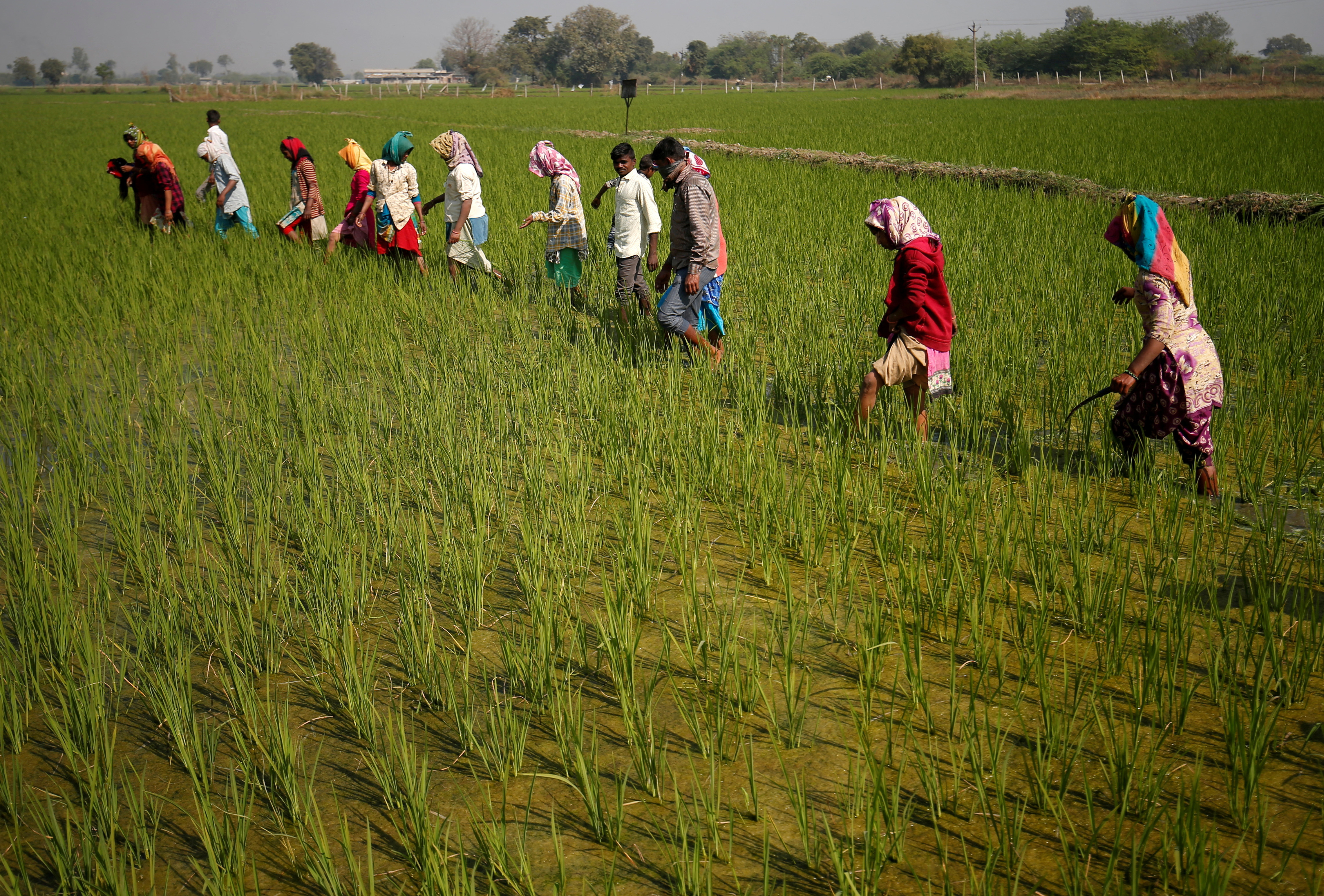
India - Tamil Nadu govt releases Rs 111.96 crore to farmers for crop damage
Tamil Nadu government on Thursday said it has issued a Government Order releasing Rs 111.96 crore to provide relief to 84,848 farmers for damage of agricultural and horticultural crops on 1.39 lakh acres due to rains during the Northeast monsoon and Cyclone Ditwah in 2025.
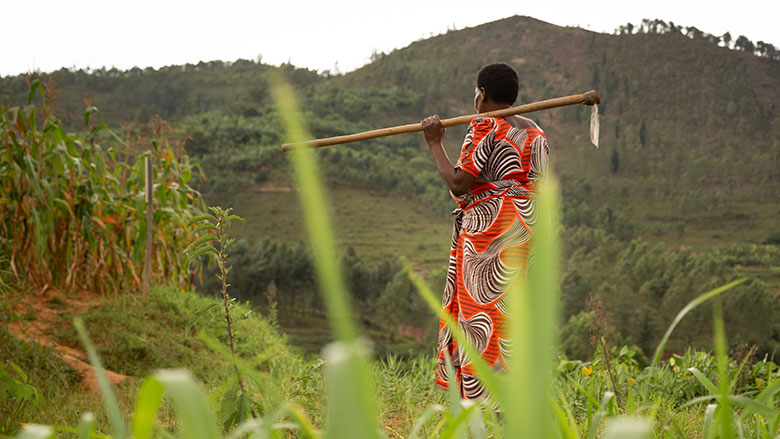
How Agriculture Insurance Is Transforming Farmers’ Climate Resilience in Rwanda
When floods swept through Kamonyi District years ago, maize fields that had taken months of labor were flattened overnight. For many farmers, those moments meant more than lost crops—they threatened livelihoods, school fees, and food security.
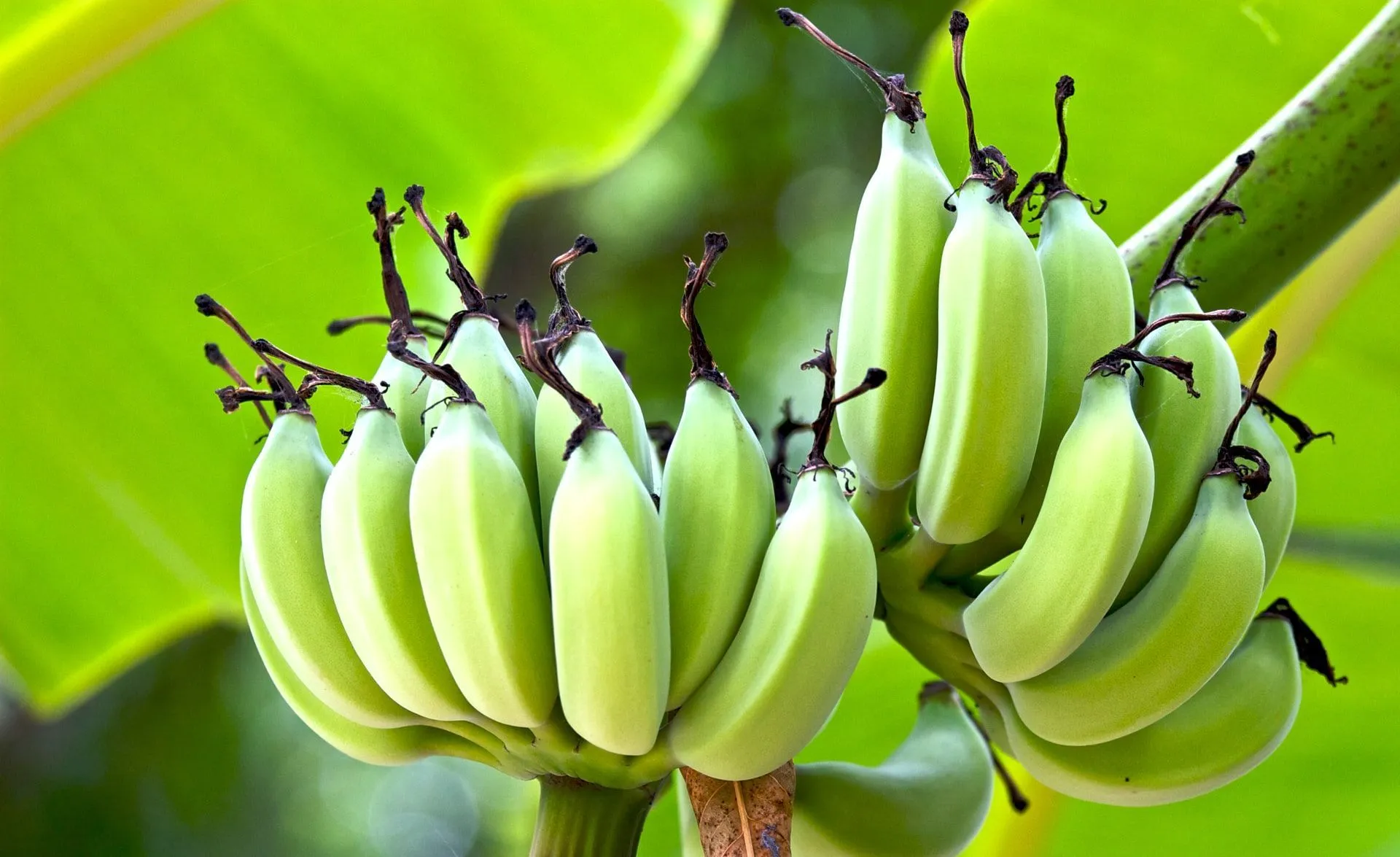
Taiwan develops TC9 banana resistant to Panama disease
The Taiwan Banana Research Institute has developed a new banana cultivar, Tai-Chiao No. 9 (TC9), with resistance to Panama disease. The variety is intended for future deployment beyond Taiwan, pending completion of plant breeders' rights in overseas markets.
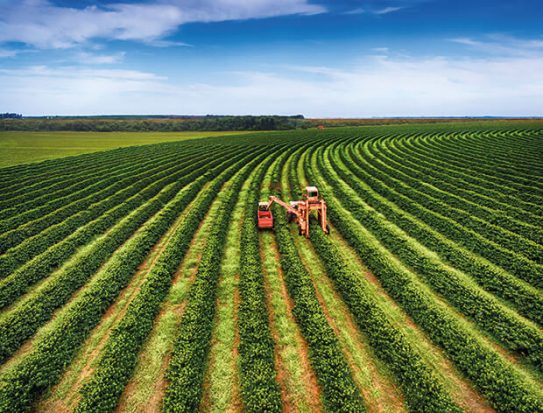
UKEF backs €193mn loan for key agricultural project in Uganda
UK Export Finance (UKEF) has backed a €192.9mn loan to finance the first phase of a key agricultural project in Uganda set to boost the country’s economy.

India - Haryana releases ₹116 crore to 53,821 farmers for crop loss due to heavy rains
Providing financial relief to farmers, Haryana chief minister Nayab Singh Saini on Wednesday released a crop compensation of ₹116.15 crore to 53,821 farmers for losses suffered due to heavy rains in August-September.


